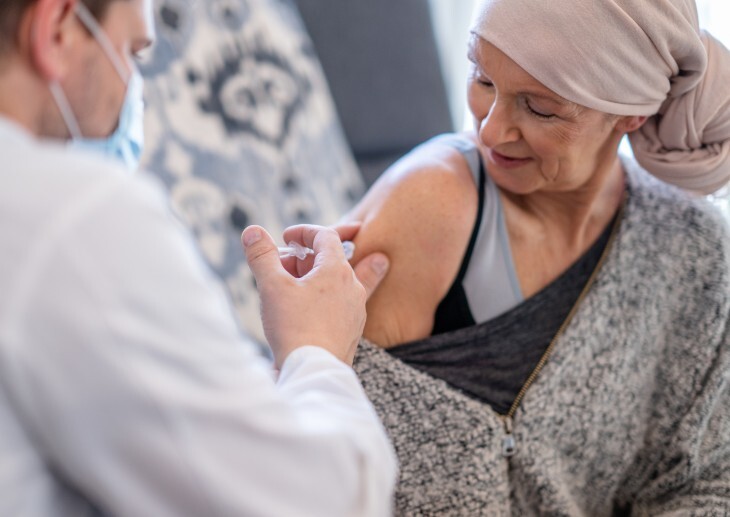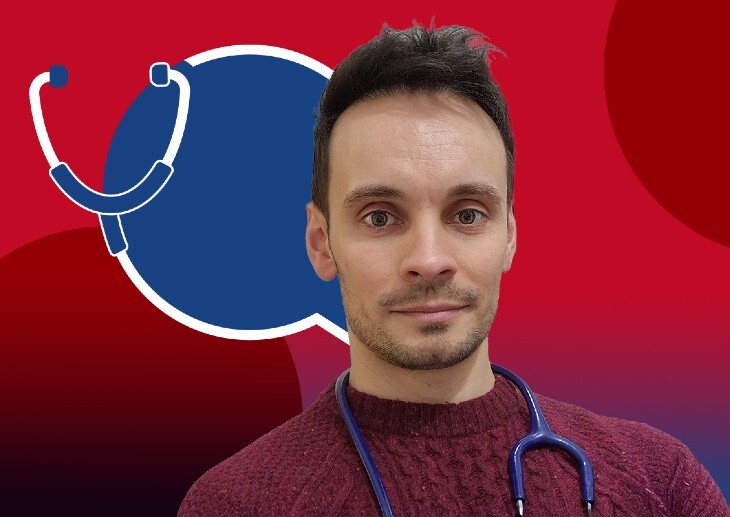Patients with advanced head and neck cancers in England will be able to access a cancer vaccine as part of an expansion to the cancer vaccine trial.
The vaccine uses mRNA technology to help the immune system recognise and kill cancer cells.
More than 100 patients with head and neck cancer will be able to access the trial at 15 hospitals across England.
The trial is the latest part of NHS England’s Cancer Vaccine Launch Pad (CVLP), a programme to fast-track eligible patients to studies developing vaccines against different cancers at their nearest participating hospital.
It has already helped refer 550 patients to the trial for bowel and skin cancers.
More than 11,000 head and neck cancer cases are diagnosed in England every year, according to NHS England.
Professor Peter Johnson, NHS England national clinical director for cancer, said: ‘It’s fantastic that more patients with advanced head and neck cancers will now be able to access this potentially transformative vaccine, offering renewed hope of holding the disease at bay.
‘The NHS is always looking for evidence-backed innovations in treatment to improve survival and quality of life for people diagnosed with cancer, and this expansion of our Cancer Vaccine Launch Pad will give hundreds of patients the chance to be part of cutting-edge advances in cancer care.’
Dr Iain Foulkes, executive director of research and innovation at Cancer Research UK, added: ‘The Cancer Vaccines Launch Pad is an important route to fast-track promising mRNA vaccine technology into clinical trials. It’s great to see more clinical trials of vaccines for head and neck cancer supported by the Cancer Research UK-funded Southampton Clinical Trials Unit.
‘Research into personalised cancer treatments is vital. There are over 200 different types of cancer and it’s unlikely there will ever be a single cure that works for everyone. That’s why it’s vital that we support a wide range of research, so that more people can live longer, better lives, free from the fear of cancer.’
The 10 year plan revealed an ambition for patients to access clinical trials through the NHS App, with a hope of eventually automatically matching patients with studies based on their health data and interests.




